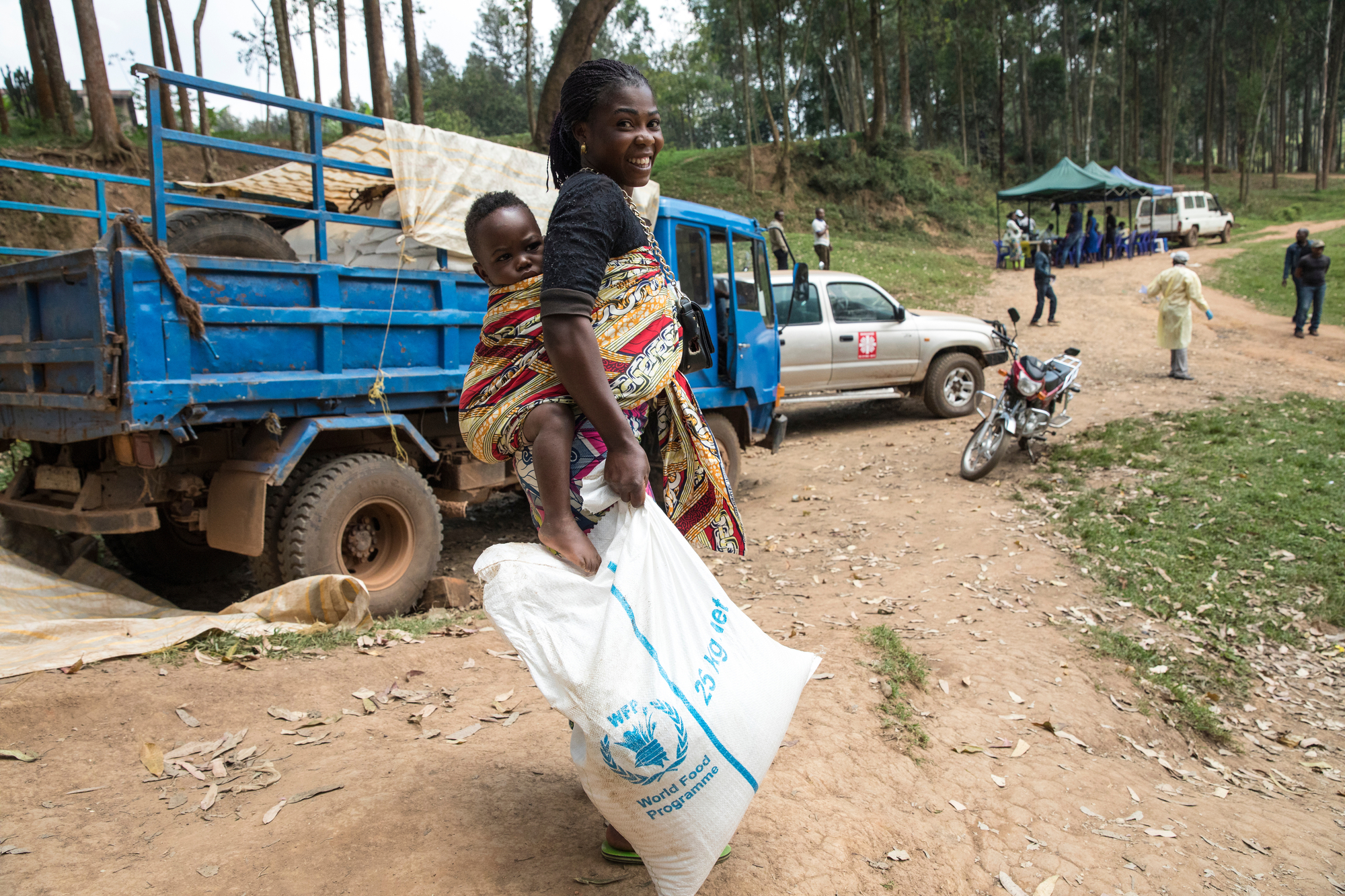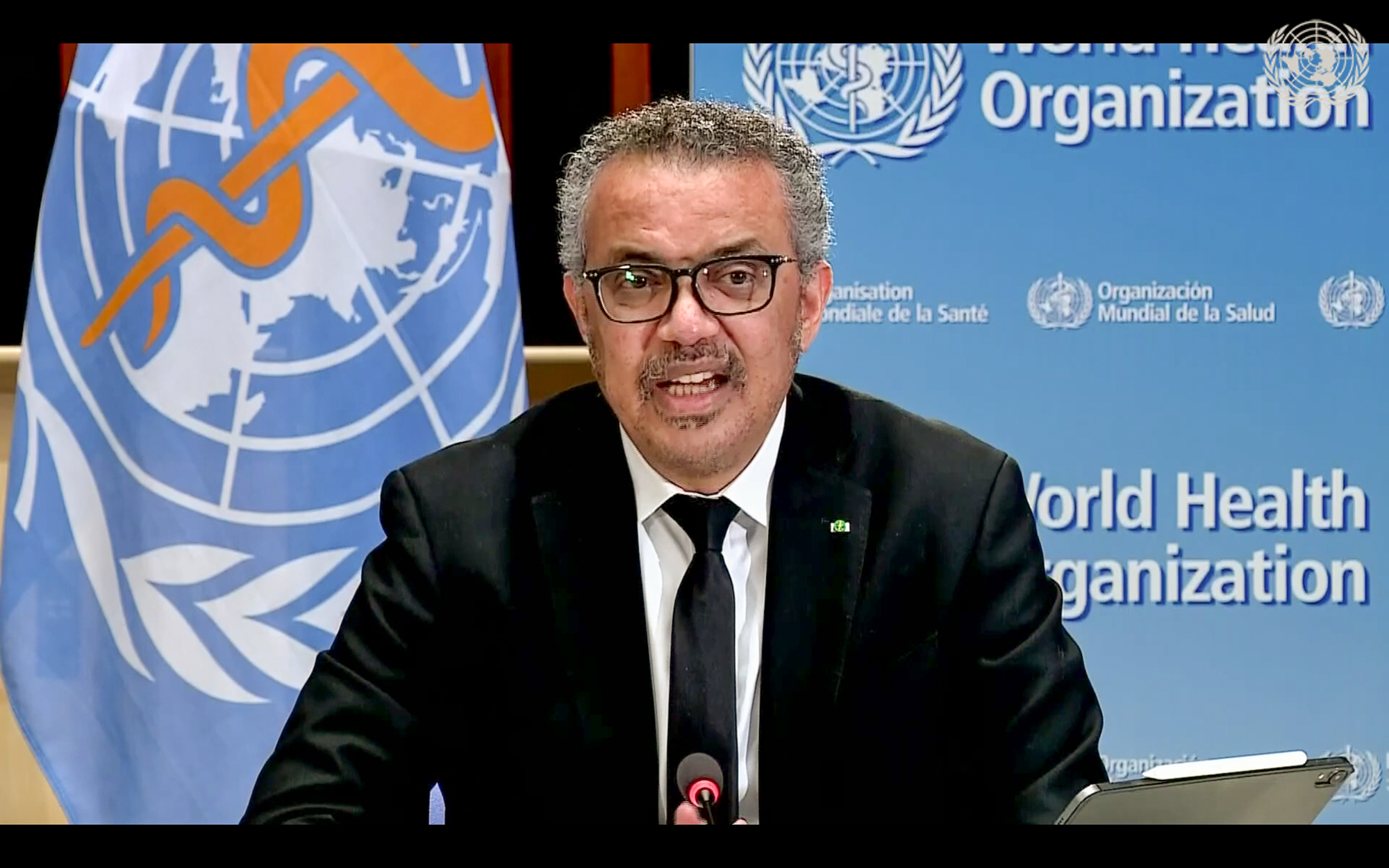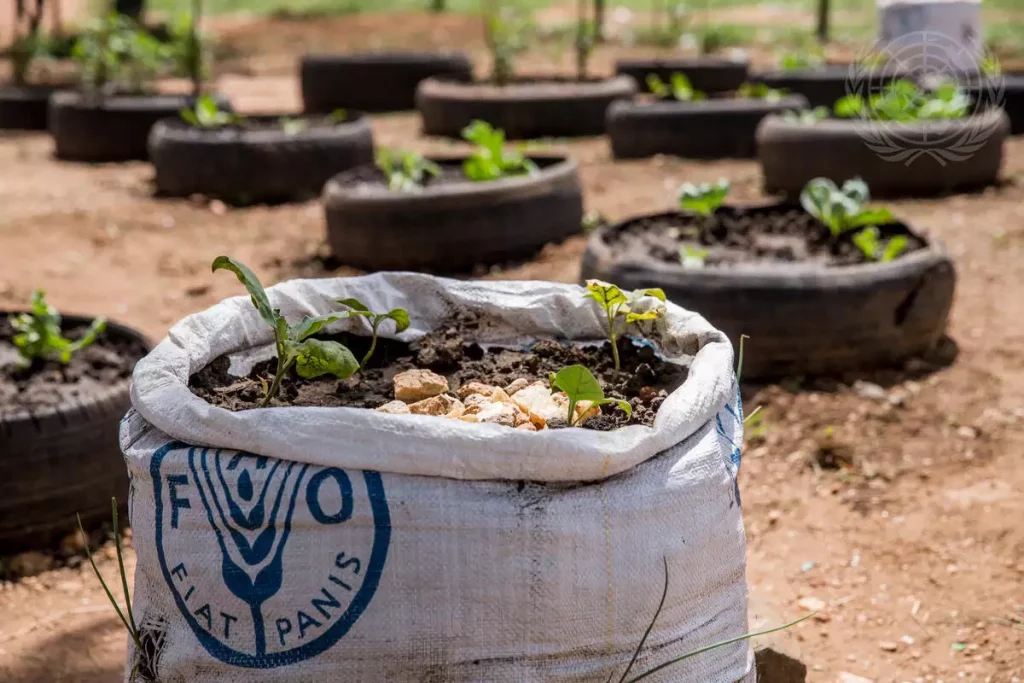The UN system is composed of more than 30 affiliated organizations, programs, funds, and specialized agencies, with their own membership, leadership, and budget processes. These entities work with and through the UN Secretariat to promote peace and prosperity.
UN funds and programs are financed through voluntary rather than assessed contributions, and include the following:


